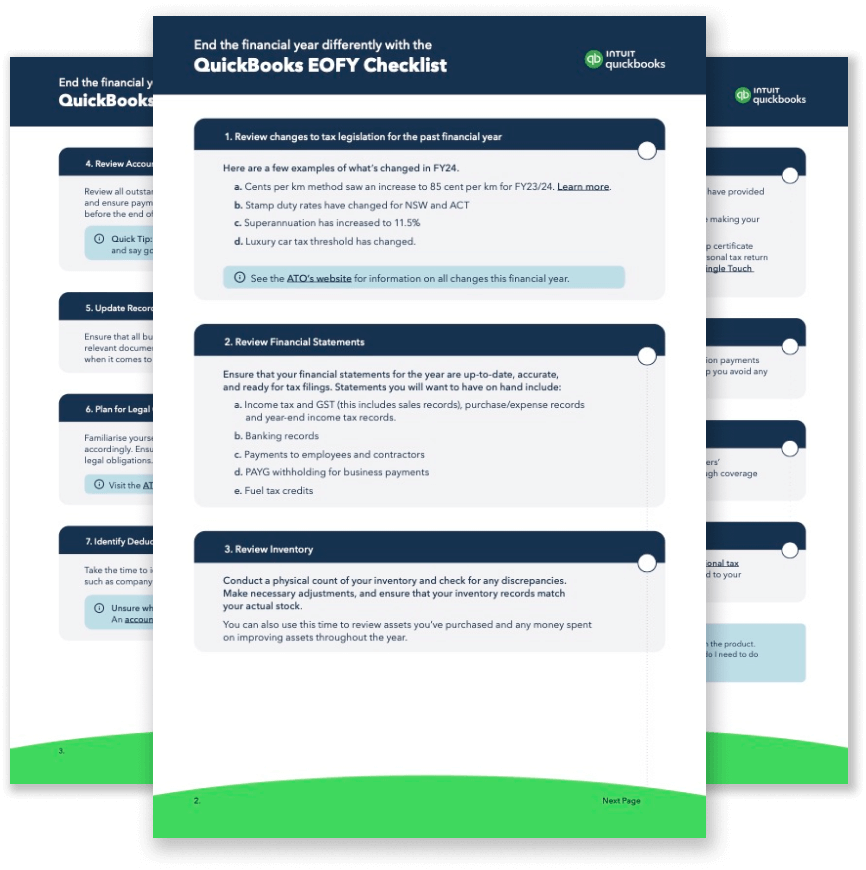What is an audit?
Audit definition
An audit is a systematic review of a company's financial statements, accounting records, and overall financial position by an independent auditor. It is typically conducted annually and is designed to provide assurance to stakeholders and investors that a company's financial statements are accurate and reliable.
An audit can cover a wide range of financial information, including a company's balance sheet, income statement, cash flow statement, and other accounting records. The auditor typically examines this information to verify that it is accurately recorded, reflective of the company's true financial position, and in compliance with accounting standards and regulations.
The auditor may also analyse a company's internal control systems and processes to ensure that they are functioning effectively and that there are no material weaknesses or deficiencies that may impact the accuracy and integrity of the financial statements.
The purpose of an audit is to provide assurance to stakeholders that a company's financial statements provide a fair and accurate representation of its financial position and performance. This can be important for investors, lenders, and other stakeholders who use this information to make decisions about the company's financial health and prospects.
Audits can be conducted by an independent external auditor or an internal auditor, depending on the size and complexity of the organisation. External auditors are typically engaged by the company's board of directors or audit committee, while internal auditors are employed by the company and report to management.
Audits are typically carried out by certified public accountants (CPAs) who have the necessary expertise and qualifications to review a company's financial statements and accounting practices.
The CPA will typically issue an audit report that outlines the scope of the audit, any material findings or issues, and the auditor's opinion as to whether the financial statements provide a fair and accurate representation of the company's financial position and performance.
One of the main benefits of an audit is that it can help to detect fraud, errors, and other irregularities that may impact a company's financial statements. By reviewing a company's accounting practices and internal control systems, an auditor can identify potential weaknesses or deficiencies that may be exploited by financial criminals or errors in accounting practice.
Audits can also help to identify opportunities for improving a company's financial performance and position. By analysing key financial indicators and trends, an auditor can provide insights into areas where a company may be able to reduce costs, increase revenue, or streamline operations.
However, audits can be time-consuming and expensive, so smaller companies may not have the resources to conduct them regularly. Additionally, there is always a risk that an auditor may miss important information or fail to identify issues that could impact a company's financial statements.
Overall, audits are a critical part of financial management and play an important role in ensuring the accuracy and integrity of financial information. They provide assurance to stakeholders and investors that a company's financial statements are reliable and accurate, and can help to identify opportunities for improvement in financial performance and position.









